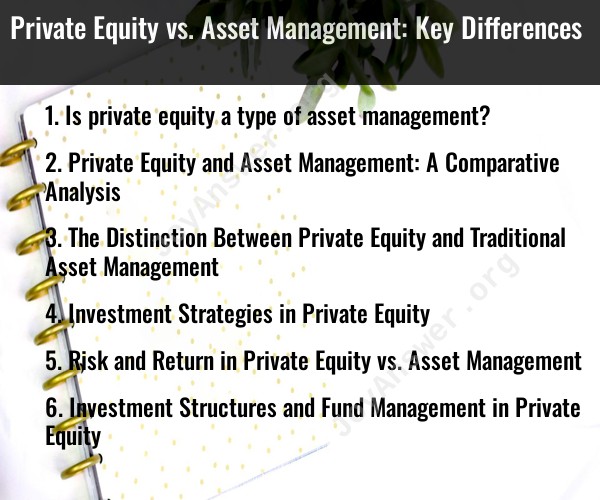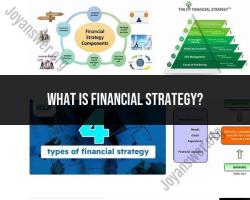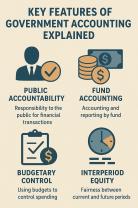Is private equity a type of asset management?
Private equity and asset management are related fields in the world of finance, but they are distinct in terms of their objectives, strategies, and the types of assets they focus on. Private equity is not a type of asset management but rather a different segment of the financial industry. Here are the key differences between private equity and asset management:
Private Equity:
Ownership of Companies: Private equity involves investing in and acquiring ownership stakes in private companies or taking public companies private. Private equity firms buy and take control of companies with the goal of improving their performance, enhancing value, and ultimately selling them at a profit.
Active Ownership: Private equity firms typically take an active role in the management and operations of the companies they invest in. They often bring in their own management teams and make strategic decisions to drive growth and profitability.
Long-Term Investment: Private equity investments are generally long-term, often spanning several years. The goal is to build value in the portfolio companies over time and realize a return on investment when they are sold or taken public again.
Capital Commitments: Investors in private equity funds, such as pension funds and high-net-worth individuals, commit capital to the fund for a specified period, and this capital is drawn upon as needed to make investments in companies.
Illiquid Investments: Private equity investments are illiquid, meaning investors typically cannot easily sell their ownership stakes. They have to wait until the private equity firm exits the investments.
Fund Structure: Private equity firms raise capital in the form of private equity funds, which are dedicated to specific investment strategies, such as buyouts, growth capital, or venture capital.
Asset Management:
Diverse Investment Portfolio: Asset management involves managing a diversified portfolio of various financial assets, including stocks, bonds, real estate, and other investment instruments. These assets are typically publicly traded and can be easily bought and sold.
Passive and Active Strategies: Asset management includes both passive strategies (e.g., index funds and ETFs) and active strategies, where asset managers make investment decisions to achieve specific objectives, such as risk-adjusted returns or income generation.
Liquid Investments: Assets in asset management are typically liquid, meaning investors can easily buy and sell them on public markets, providing a high level of liquidity.
Investment Vehicles: Asset management firms offer a range of investment vehicles, such as mutual funds, exchange-traded funds (ETFs), and separately managed accounts, catering to various investor preferences and objectives.
Risk and Return Objectives: Asset managers work to achieve their clients' financial goals while considering risk tolerance and return expectations.
Diversification: Diversification across asset classes and geographic regions is a common strategy in asset management to spread risk and optimize returns.
In summary, private equity and asset management are distinct segments within the financial industry. Private equity focuses on the acquisition and active management of private companies, with the aim of creating value and realizing returns upon exit, while asset management involves managing a diverse portfolio of publicly traded financial assets, with the goal of optimizing investment returns for clients. While both fields involve investment management, they have different approaches, structures, and investment vehicles.
Private Equity and Asset Management: A Comparative Analysis
Private equity and asset management are two distinct investment strategies with different objectives, risk profiles, and investment horizons.
| Characteristic | Private Equity | Asset Management |
|---|---|---|
| Objective | To generate capital appreciation through investing in and actively managing private companies | To generate returns by investing in a diversified portfolio of assets, such as stocks, bonds, and commodities |
| Risk | High | Medium to high |
| Return | Potential for high returns | More modest returns |
| Investment horizon | Long-term (3-10 years) | Medium-term to long-term (1-5+ years) |
| Investment structure | Private equity funds | Mutual funds, hedge funds, and other types of investment vehicles |
| Fund management | Actively managed by private equity professionals | Passively managed or actively managed by asset managers |
The Distinction Between Private Equity and Traditional Asset Management
The key distinction between private equity and traditional asset management is that private equity firms invest in private companies, while asset managers invest in publicly traded assets. Private equity firms typically take a more active role in managing their investments, while asset managers typically take a more passive approach.
Investment Strategies in Private Equity
Private equity firms use a variety of investment strategies, including:
- Buyouts: Private equity firms acquire controlling stakes in companies and then work to improve their performance and value.
- Growth equity: Private equity firms invest in companies with high growth potential.
- Venture capital: Private equity firms invest in early-stage companies with innovative products or services.
- Distressed investments: Private equity firms invest in companies that are struggling financially or are in bankruptcy.
Risk and Return in Private Equity vs. Asset Management
Private equity investments are generally considered to be riskier than asset management investments. This is because private equity investments are typically illiquid (meaning that they cannot be easily sold) and are made in companies that are not subject to the same level of public scrutiny as publicly traded companies.
However, private equity investments also have the potential to generate higher returns than asset management investments. This is because private equity firms can take a more active role in managing their investments and can invest in companies that are not publicly traded.
Investment Structures and Fund Management in Private Equity
Private equity investments are typically structured as private equity funds. Private equity funds are limited partnerships that raise capital from institutional investors, such as pension funds and endowments.
Private equity funds are managed by private equity professionals, who are responsible for identifying and evaluating investment opportunities, executing investments, and managing the performance of the portfolio companies.
Conclusion
Private equity and asset management are two distinct investment strategies with different objectives, risk profiles, and investment horizons. Investors should carefully consider their investment goals and risk tolerance before choosing between private equity and asset management.













